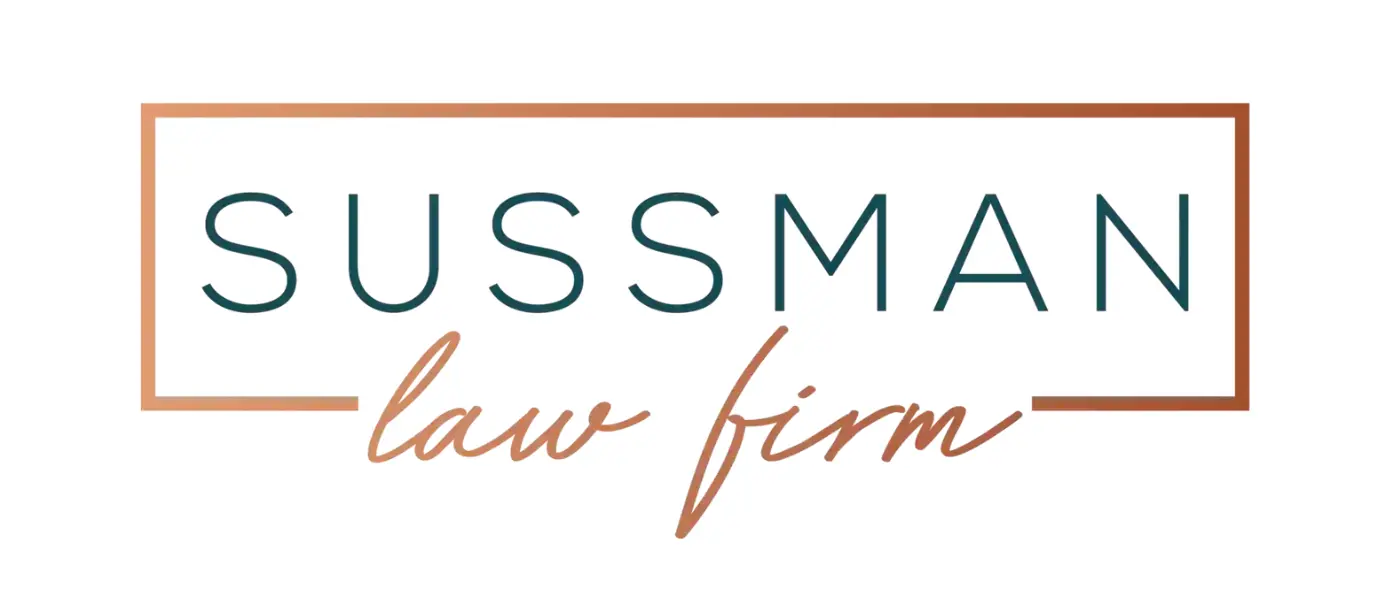North Carolina began recognizing same-sex marriages in 2014—a full year before the Supreme Court ruled these prohibitions unconstitutional. Every adult has the right to marry who they want, but with that comes the power to end the marriage as well.
There are unique challenges that come with same-sex divorces, but a dedicated family lawyer could help. The right legal counsel could advise you of your options while protecting your interests. Let a Charlotte LGBTQ divorce lawyer help you prepare for the next phase of your life.
North Carolina Residency Requirement for Divorce
The basic requirements for ending a marriage are the same for all couples. At least one of the parties must establish residency in the state before these proceedings can move forward. This is done when one spouse—not necessarily the individual filing the petition—lives in the state for a minimum of six months prior to filing. That means it is possible for a person who does not live in Charlotte to initiate these proceedings so long as their spouse resides in the state.
Meeting the basic qualifications for divorce might seem simple, but mistakes and delays are more common than you might realize. With the support of a Charlotte LGBTQ divorce attorney, you could secure the dissolution of your marriage that includes a fair outcome for all parties.
Complications Involving Children
One area where same-sex marriages can become complicated is when young children are involved. It is not uncommon for two people to raise children together, even though only one of them is their legal parent or guardian. When that relationship comes to an end, it can impact a person’s ability to have contact with a child they raised for most of their life.
Adoption allows a non-biological parent to become a legal guardian over a minor and secure parental rights. When an LGBTQ person adopts their partner’s child, the process of visitation, custody, and support are treated the same as any other divorce.
Without a formal adoption, it can be difficult to secure any sort of arrangement that allows for building a relationship with the child. An LGBTQ attorney in Charlotte can evaluate the circumstances and help you understand what your options are during a divorce.
LGBTQ Spouses Can Ask For Alimony
When a same-sex marriage comes to an end, the partners have the opportunity to pursue alimony. More commonly known as spousal support, this involves payments from one spouse to another after the divorce is finalized. The law allows for spousal support for LGBTQ couples. The court relies on a number of factors to determine if these payments are appropriate. Some factors include:
- The length of the marriage
- Contributions made by spouses to each other
- The standard of living during the marriage
- Whether one spouse was a full-time parent
- Other factors the judge finds relevant
Because of the limited length same-sex couples could be legally married, some judges will consider things like the amount of time two people spent cohabitating prior to their union. A Charlotte LGBTQ divorce attorney could assist with other complications that might arise.
Call an LGBTQ Divorce Attorney in Charlotte for Trusted Guidance
The breakdown of a long-term relationship is rarely easy, but many LGBTQ couples face different challenges than most people. If you believe your marriage is coming to an end, now is the time to seek the support of a Charlotte LGBTQ divorce lawyer. Call as soon as possible for a private consultation.








